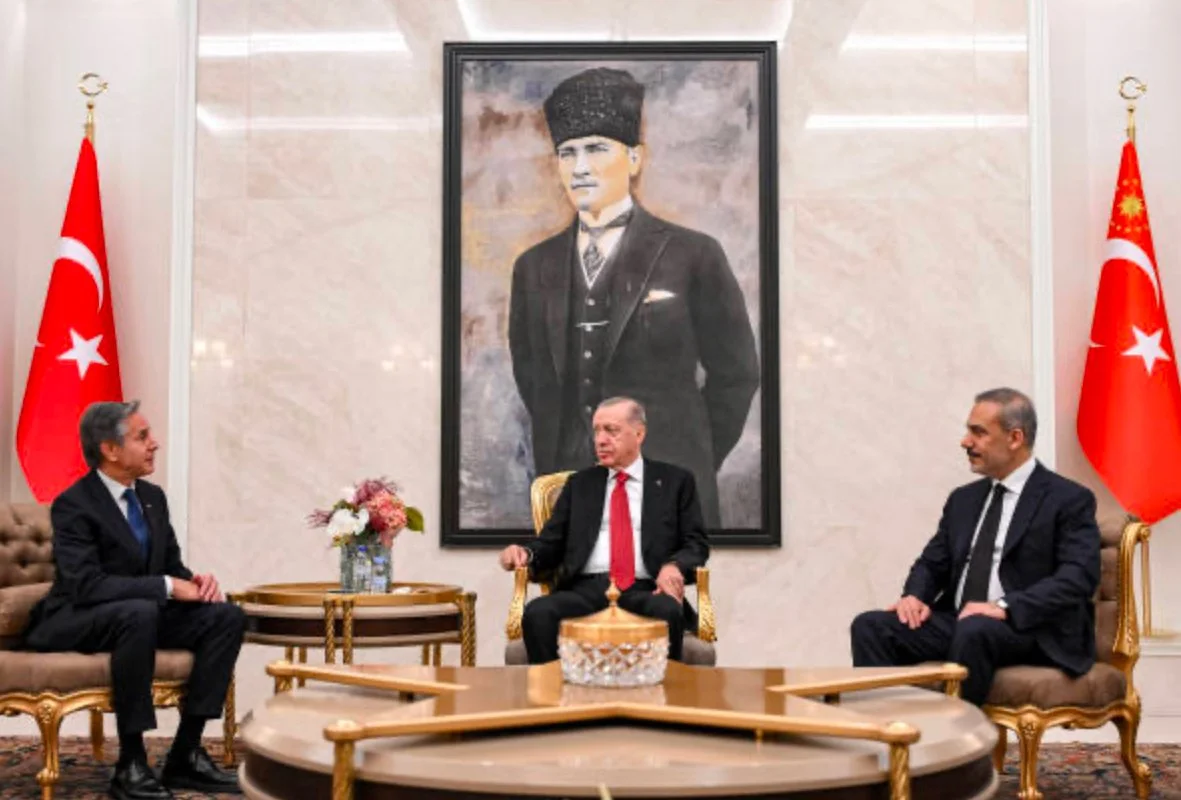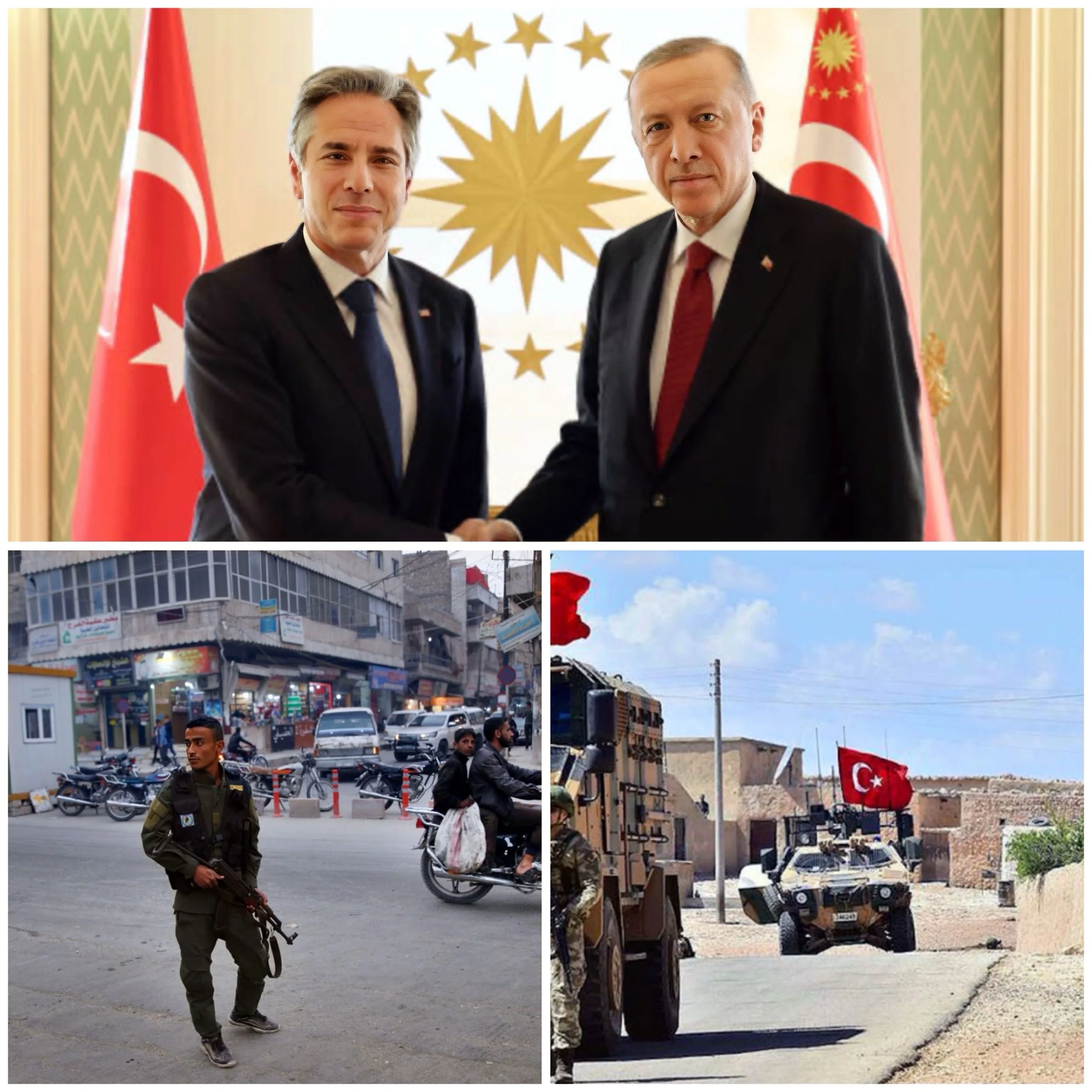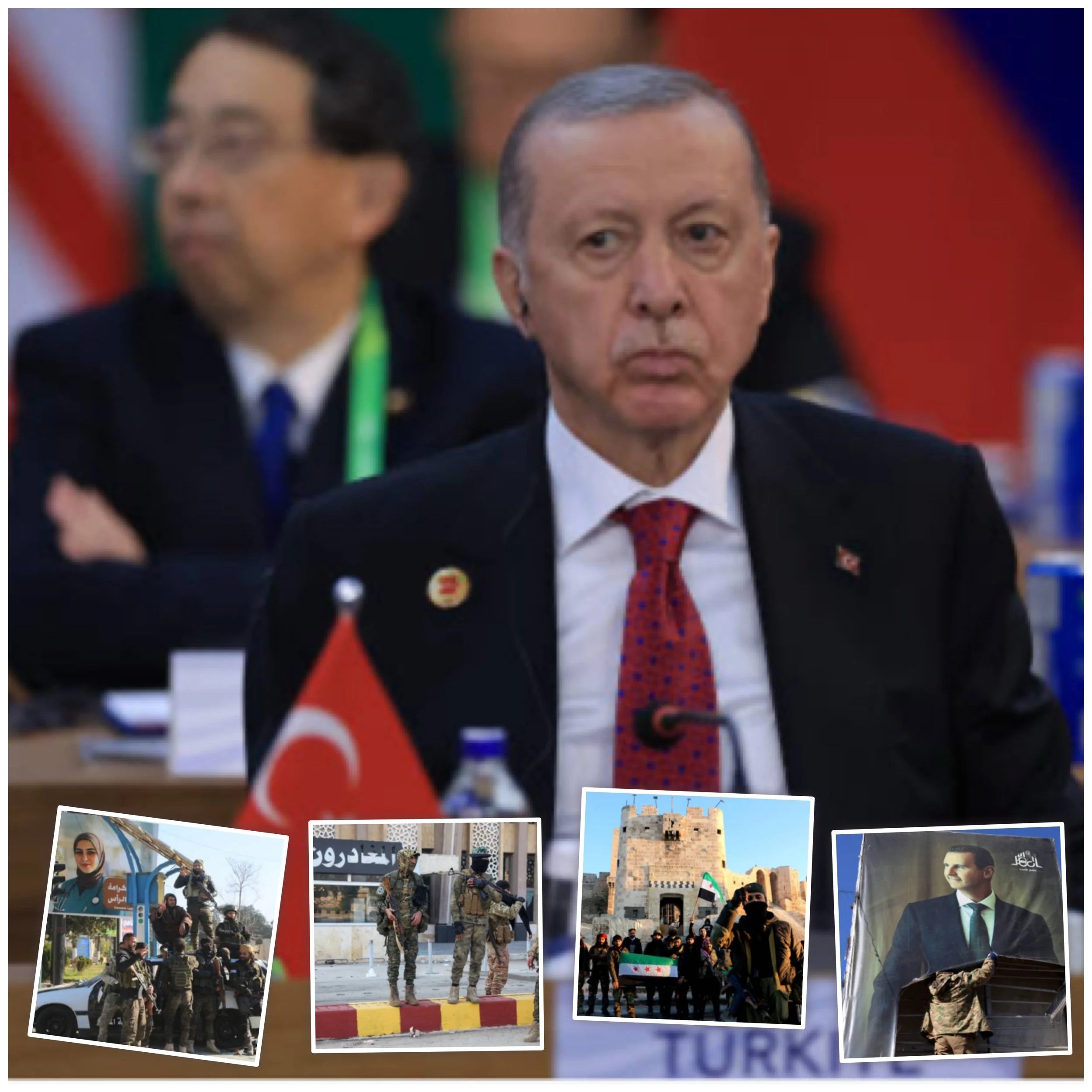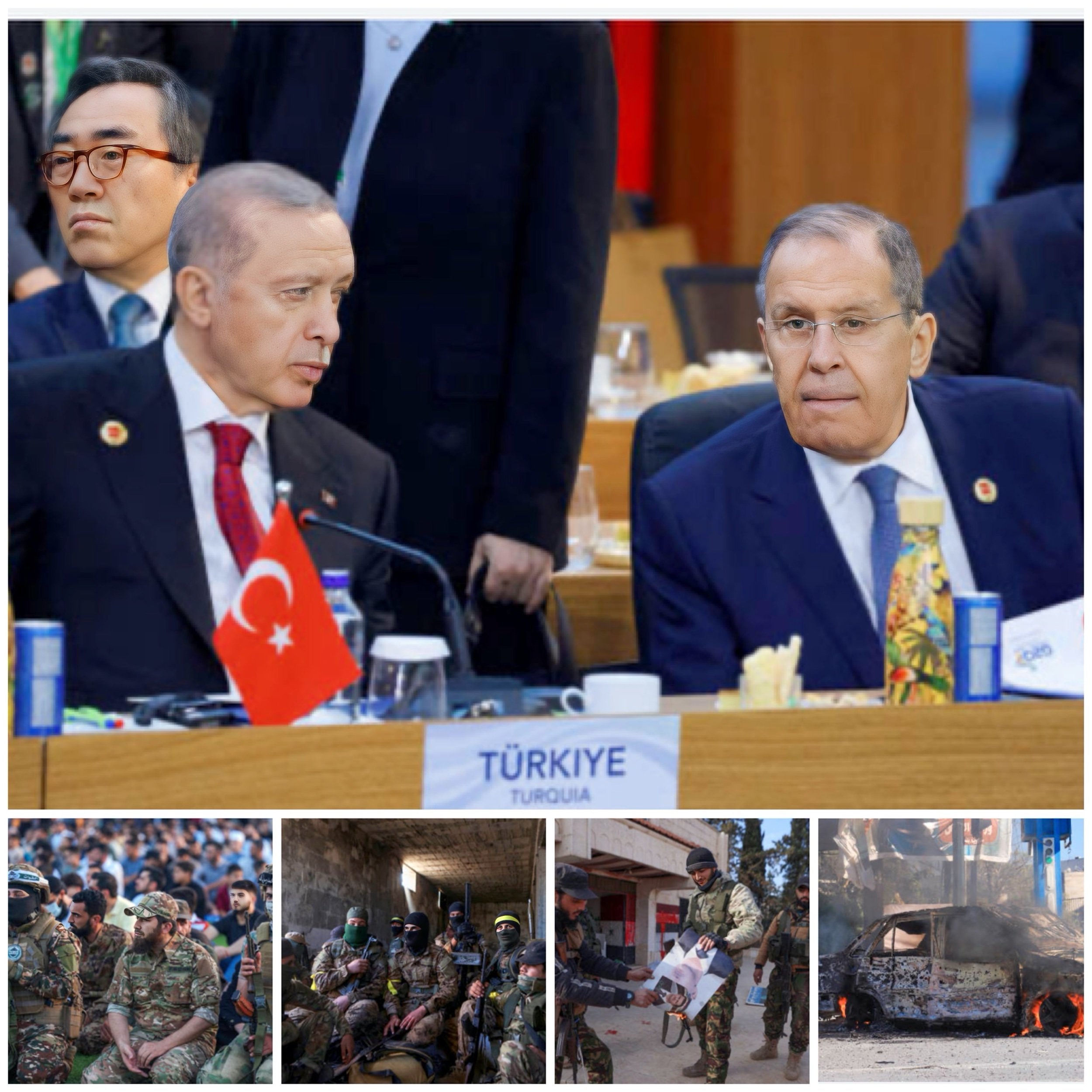Kurdish army withdrawal from Manjib?
Introduction
The Kurdish forces’ withdrawal from Manbij is indeed largely due to pressure from Turkey, with the United States playing a mediating role. Several factors contribute to this situation.
History
The Syrian Kurds helped to take Manbij located 20 miles west of the river and about 25 miles south of Turkey’s border from the Islamic State in 2016 and have been there ever since. They belong to the People’s Protection Units, or YPG, which has formed the backbone of the U.S. campaign against the Islamic State in Syria.
The Turkish government considers the YPG to be terrorists seeking a permanent Kurdish enclave allied with separatist Kurdish militants inside Turkey.
Turkish Pressure
Turkey views Kurdish forces, particularly the YPG (People’s Protection Units), as a terrorist threat due to their alleged links to the PKK (Kurdistan Workers’ Party).
Turkey has been supporting various rebel groups in Syria, including the Syrian National Army (SNA), to counter Kurdish influence near its border.
The recent offensive by Turkish-backed forces against Manbij has resulted in significant casualties, with at least 218 people killed in clashes.
US Mediation
The United States has stepped in to broker a ceasefire between Kurdish forces and Turkish-backed fighters.
Mazloum Abdi, the head of the Syrian Democratic Forces (SDF), announced that Kurdish fighters would withdraw from Manbij as part of this ceasefire agreement.
Turkey’s Influence Over HTS
While Turkey has gained significant influence in Syria, it’s not accurate to say that Turkey is “calling all shots” after having control over Hayat Tahrir al-Sham (HTS):
Turkey’s relationship with HTS is complex. While Turkey officially designates HTS as a terrorist group, it is believed to maintain substantial influence over the organization.
Turkey has provided indirect support to HTS, such as allowing humanitarian convoys to reach their stronghold in Idlib.
The recent offensive by HTS and other rebel groups against the Assad regime was likely carried out with Turkey’s tacit approval, though not necessarily under direct Turkish control.
Turkey’s Strategic Goals
Turkey’s actions in Syria, including pressuring Kurdish forces to withdraw from Manbij, align with several strategic objectives:
Preventing Kurdish autonomy along its border.
Promoting Turkish business interests in Syria.
Facilitating the return of Syrian refugees to Syria.
Potentially pressuring Assad to seek reconciliation with Turkey and engage in discussions with the Syrian opposition.
Conclusion
Turkey’s influence in Syria has grown significantly, particularly through its backing of various rebel groups, it is not in complete control of the situation. The withdrawal of Kurdish forces from Manbij is primarily a result of Turkish pressure, but it also involves complex dynamics including US mediation and broader regional strategic considerations.





